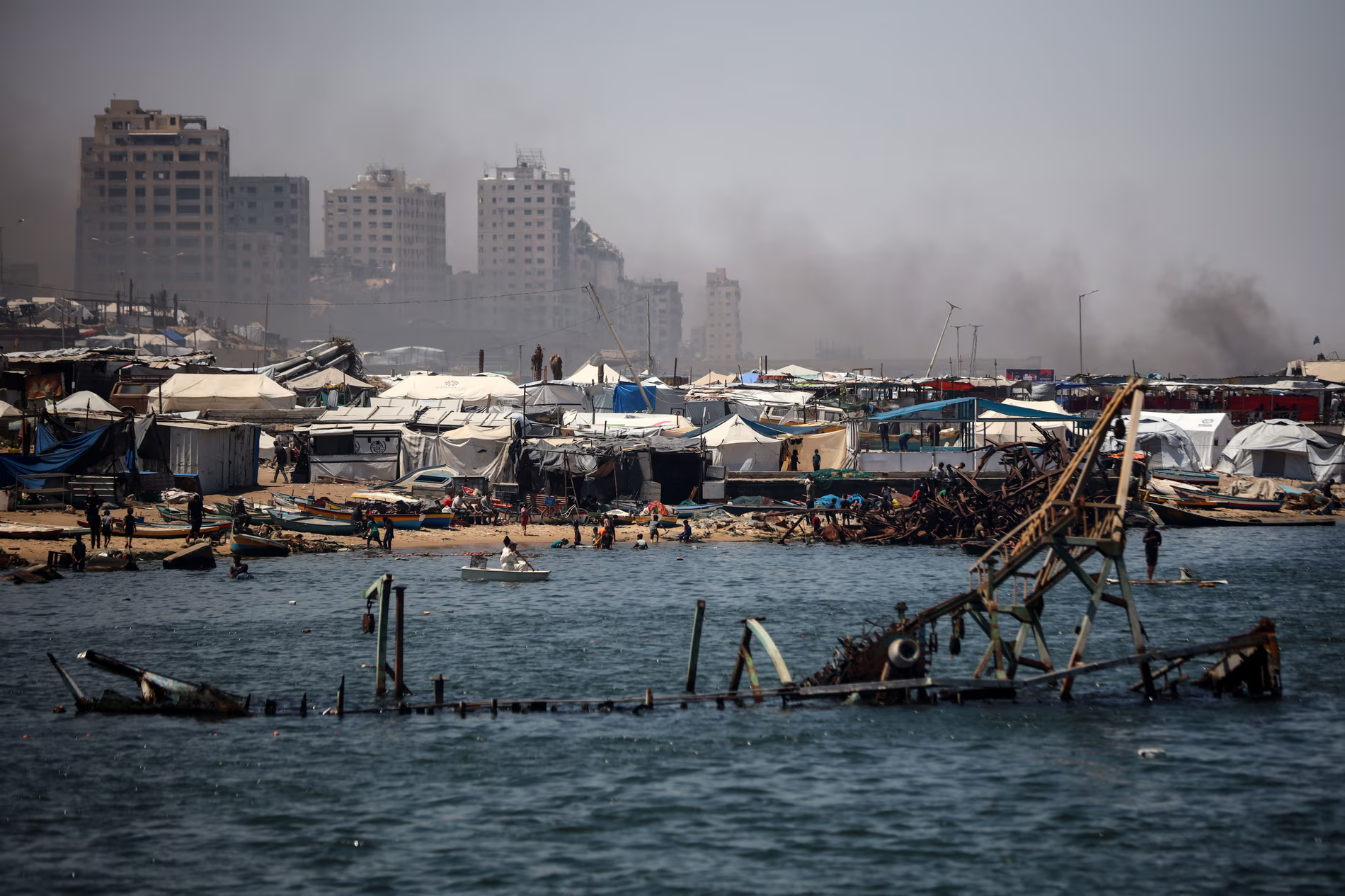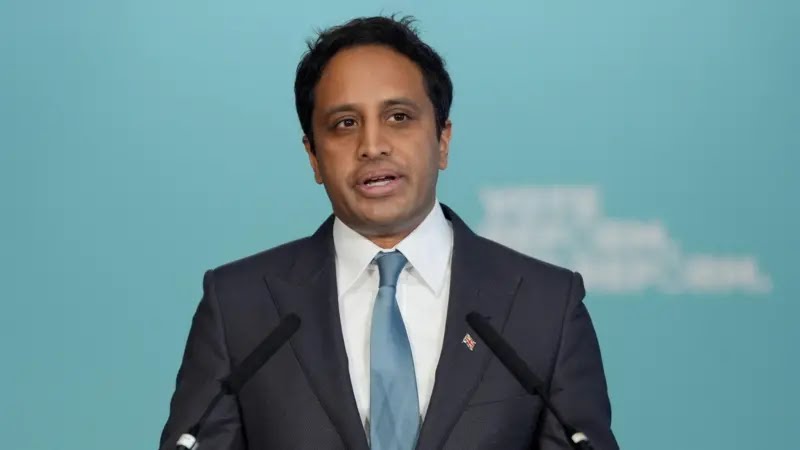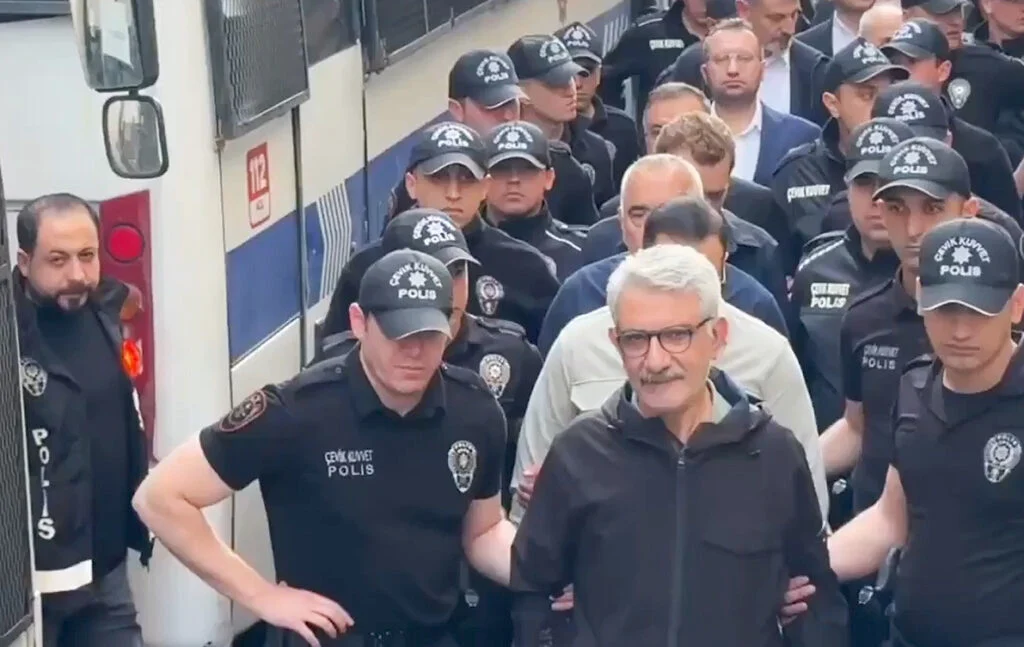Israeli Prime Minister Benjamin Netanyahu has pledged to intensify military operations in Rafah, despite mounting international pressure to halt the assault amid a rapidly escalating humanitarian catastrophe in southern Gaza. The announcement, made on May 24, 2025, came as global condemnation grows over civilian casualties, aid blockades, and the worsening conditions for more than a million displaced Palestinians sheltering in the area.
“We will not stop until Hamas is eliminated — in Rafah and across Gaza,” Netanyahu said in a televised statement.
Israeli forces continued their push into Rafah’s eastern neighborhoods, claiming tactical gains against remaining Hamas strongholds, but at a steep cost to civilians. Aid groups and the United Nations warn that the Gaza Strip is no longer able to sustain life, with food, fuel, and medicine either depleted or blocked at crossings.
💥 Ongoing Strikes, Rising Death Toll
The Gaza Health Ministry reported that over 80 people were killed in the past 24 hours, with many of the strikes hitting densely populated shelters and makeshift camps. Videos verified by independent monitors show widespread destruction, while residents report unrelenting drone and artillery fire.
Israel’s military maintains that its targets are Hamas militants and infrastructure, but admits that collateral damage is likely due to Hamas’s presence in civilian areas. Critics argue that the scale and intensity of the bombing amount to indiscriminate warfare.
“Entire families are buried under rubble,” said a Gaza City medic. “This isn’t combat — it’s obliteration.”
🛑 Humanitarian Access Blocked
The UN Relief and Works Agency (UNRWA) and World Food Programme (WFP) say they are no longer able to safely operate in large parts of southern Gaza. The Kerem Shalom and Rafah crossings remain mostly closed or tightly controlled, with aid convoys regularly turned back or attacked.
The UN has renewed its call for an immediate ceasefire, warning that Gaza is on the brink of mass starvation and medical collapse.
“This is the fastest descent into humanitarian disaster we have ever seen,” said a UN official. “Time is running out.”
🌍 International Pressure Mounts
Global calls for restraint continue to build. France, Canada, and the UK have joined the chorus of nations urging Israel to stop the Rafah offensive and focus on humanitarian access. Some leaders have threatened to reassess arms sales and diplomatic support if the operation continues.
The Biden administration remains cautious, reiterating Israel’s right to defend itself while urging “maximum care” to protect civilians — a stance that is increasingly drawing criticism from within the U.S. and abroad.
🕊️ Ceasefire Talks at Standstill
Mediation efforts by Qatar, Egypt, and the U.S. have hit a stalemate, as Hamas insists on a permanent ceasefire and full withdrawal, while Israel demands hostage releases and Hamas’s disarmament. Despite backchannel diplomacy, no breakthrough has been reported.
Meanwhile, Israeli officials suggest the offensive could continue “for weeks if necessary.”
What to Watch
- Civilian displacement trends and casualty updates in Rafah and central Gaza
- Whether international actors impose diplomatic or economic consequences
- Movement on ceasefire talks, possibly during upcoming UN Security Council sessions
- Expansion of the Israeli operation into western Rafah or Khan Younis
- Increasing public protests and pressure campaigns globally
As the war reaches a devastating peak in Gaza’s south, Netanyahu’s vow to press on signals a deepening divide between Israel and much of the international community. For the civilians trapped in Rafah, the war is no longer a military campaign — it is a daily battle for survival.
Source; The Guardian



